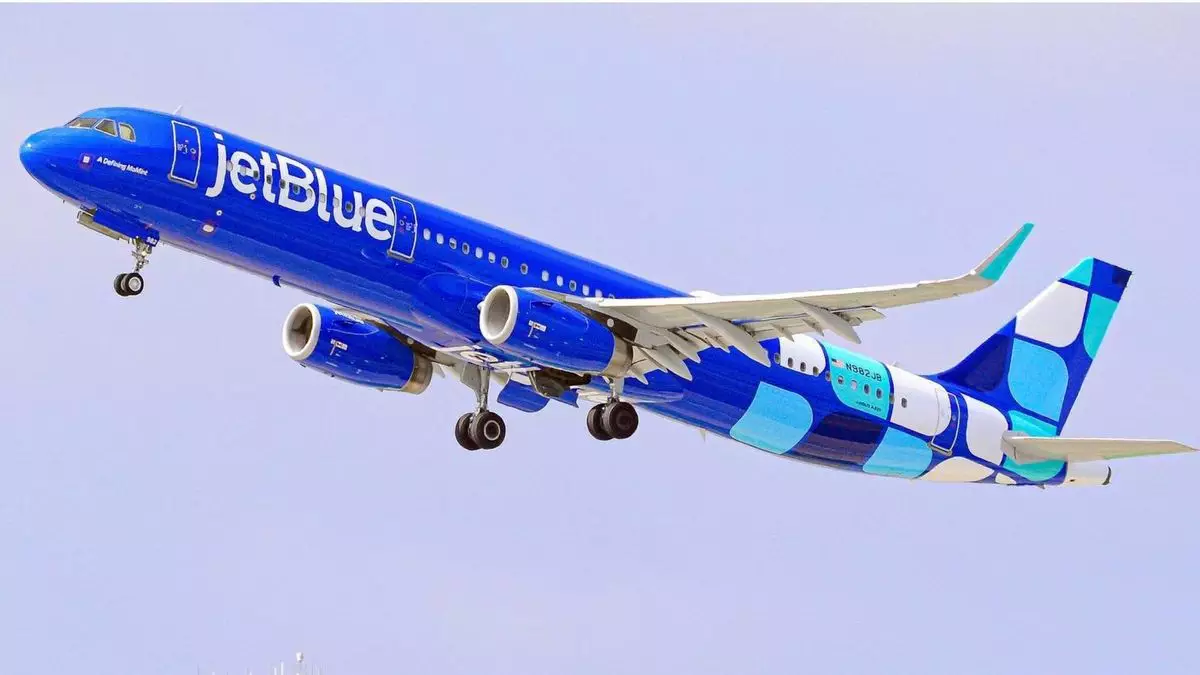JetBlue recently made changes to its checked-bag fees, implementing higher charges during peak travel periods. This move comes as the airline tries to navigate the financial challenges brought on by the Covid-19 pandemic.
The new policy, effective for bookings starting March 22, sees JetBlue charging $50 for the first checked bag on domestic and short-haul international flights during peak times. This marks a $5 increase compared to off-peak flights. Additionally, the second checked bag now costs $70 during peak periods, a $10 hike from off-peak flights.
Passengers have the opportunity to save $10 on these fees by paying for their bags more than 24 hours before check-in. However, JetBlue’s definition of peak periods encompasses a significant portion of the year, including key travel months like April, late June through Labor Day, and late November to early January.
JetBlue attributes these fee adjustments to rising costs associated with transporting bags, including increased wages and higher fuel expenses. The airline emphasizes that these changes are necessary to help restore profitability and cover the additional financial burdens incurred due to the pandemic.
Customers who purchase premium tickets, hold a JetBlue co-branded credit card, or have status with the airline will still enjoy complimentary checked bags. JetBlue assures that by modifying fees for select services used by a specific customer segment during peak demand periods, it can maintain low base fares and uphold popular amenities like seatback TVs and high-speed WiFi at no extra cost.
This recent fee adjustment follows a previous increase in February when JetBlue raised the fee for the first checked bag from $35 to $45, aligning itself with similar changes made by other carriers. The airline continues to evaluate its pricing strategies in response to the evolving economic landscape.
While JetBlue’s decision to raise checked-bag fees may pose challenges for some travelers, the airline emphasizes that these adjustments are crucial for its financial stability in the midst of ongoing economic uncertainties. As the travel industry continues to recover from the impact of the pandemic, airlines like JetBlue are forced to make tough decisions to ensure their long-term viability and sustainability.

